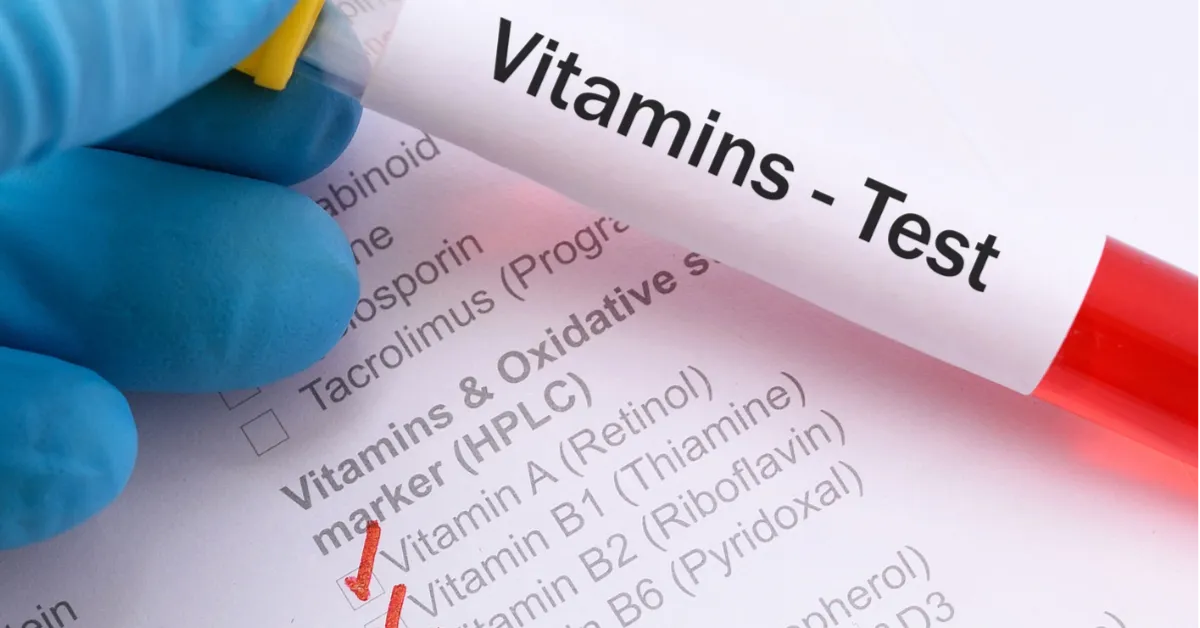AOAC 992.24 Vitamin D Profiling in Infant Formula
The AOAC International Method 992.24 is a standardized procedure for the determination of vitamin D, specifically focusing on ergocalciferol (vitamin D2) and cholecalciferol (vitamin D3), in infant formula. This method plays a critical role in ensuring that infant formulas meet stringent nutritional requirements set forth by regulatory bodies such as the US Food and Drug Administration (FDA).
The process involves several steps, including sample preparation, extraction of vitamins using organic solvents, followed by derivatization to enhance detection sensitivity. The resulting compounds are then analyzed via high-performance liquid chromatography (HPLC) with fluorescence detection. This method is particularly useful for quantifying both forms of vitamin D in infant formula because it can differentiate between them.
One key aspect of this testing protocol is its precision and accuracy, which are essential for maintaining consistent product quality across batches. The AOAC 992.24 ensures that manufacturers adhere to the recommended levels of vitamins as outlined by health authorities worldwide. For instance, vitamin D deficiency in infants has been linked to various health issues including rickets; ensuring adequate intake through fortified infant formulas is paramount.
The procedure also allows for simultaneous analysis of other nutrients present in infant formula, providing a comprehensive overview of the nutritional content. This holistic approach helps companies ensure compliance with multiple standards and regulations, thereby safeguarding public health.
Given the importance of vitamin D in bone development and immune function during early childhood, accurate measurement is crucial. The AOAC 992.24 method has been widely adopted due to its reliability and repeatability, making it a trusted choice for laboratories specializing in food safety and quality assurance.
For companies involved in infant formula production, adherence to this standard not only enhances consumer confidence but also facilitates smoother interactions with regulatory agencies responsible for enforcing dietary guidelines. By leveraging AOAC 992.24, firms can demonstrate their commitment to producing safe, nutritious products that meet global standards.
In summary, the AOAC 992.24 method represents a robust tool for vitamin D profiling in infant formula, offering precise quantification and reliable results critical for maintaining high-quality standards across the industry.
Eurolab Advantages
- Accreditation & Compliance: As an ISO/IEC 17025 accredited laboratory, Eurolab adheres to the highest quality assurance practices ensuring accurate and consistent test results.
- State-of-the-Art Facilities: Equipped with advanced analytical instruments like HPLCs and GCs (Gas Chromatography), our laboratories provide precise measurements necessary for complex analyses such as those required by AOAC 992.24.
- Experienced Technicians: Our team comprises highly skilled professionals trained in the latest techniques, capable of delivering reliable outcomes consistently.
- Comprehensive Reporting: Eurolab offers detailed reports tailored to meet specific client needs, providing clear insights into any discrepancies found during testing.
Customer Impact and Satisfaction
Our customers benefit from the precision and reliability of our AOAC 992.24 vitamin D profiling services, ensuring that infant formulas meet stringent regulatory requirements and provide optimal nutritional value.
- Regulatory Compliance: By adhering to this method, manufacturers can ensure they are meeting FDA guidelines for vitamin content in infant formula.
- Informed Decision Making: Accurate testing allows companies to make informed decisions regarding product formulation and ingredient sourcing.
- Risk Reduction: Early detection of potential issues helps reduce risks associated with non-compliance or subpar products reaching market shelves.
International Acceptance and Recognition
The AOAC International Method 992.24 is widely recognized across the globe for its robustness and reliability in determining vitamin D content in infant formula. Its adoption by numerous countries underscores its significance within the industry.
Notably, this method has been endorsed by several international bodies including the World Health Organization (WHO) and European Food Safety Authority (EFSA), further cementing its position as a leading standard for such analyses.
Beyond regulatory compliance, adherence to AOAC 992.24 also enhances brand reputation among consumers who value transparency in product labeling and nutritional accuracy. This recognition contributes significantly to market success by fostering trust between producers and end-users.





